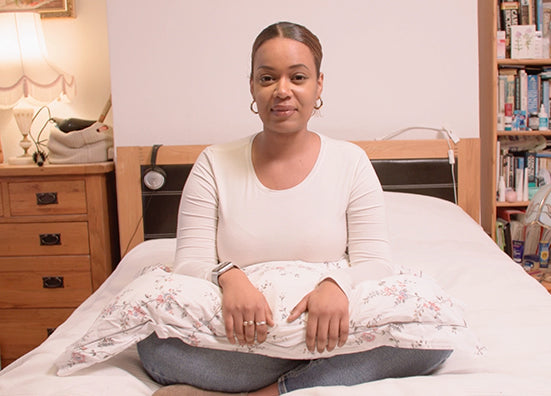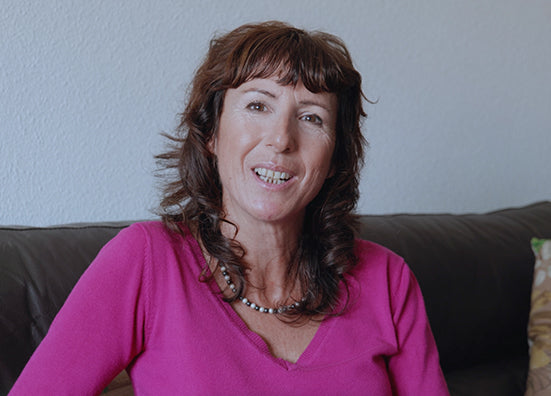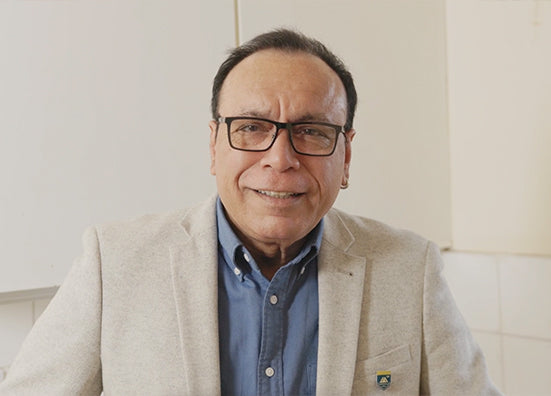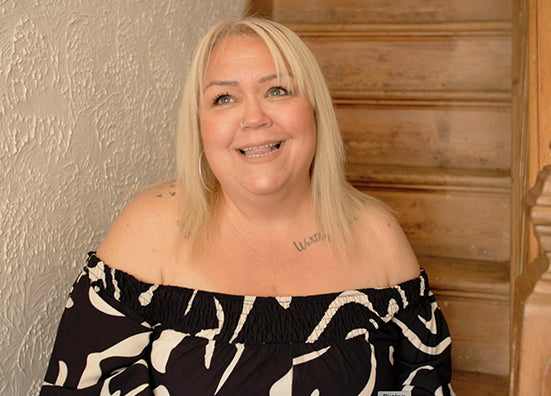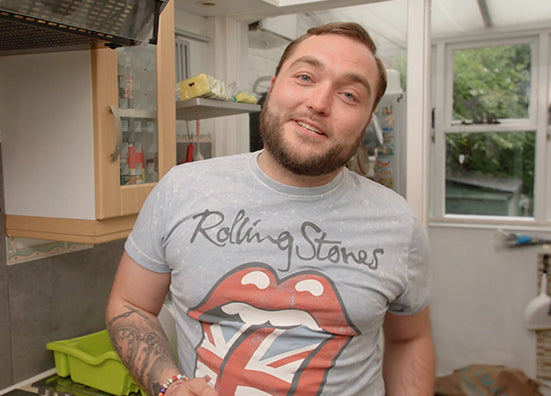My kids look at me like I'm an alien when I tell them that smart phones didn't exist well into my adult life. I remember really clearly when they first appeared on my radar and how I initially resisted the lure of easy texting and access to the internet at all times. It just seemed really...unnecessary. Then, very rapidly, they became absolutely necessary for just about everything and the age of phone innocence was over.

Now I'm one of the millions (billions?) of people who find it incredibly disconcerting if I realise I've left home without my phone. I immediately feel vulnerable and worried thinking about all the places I won't be able to find my way to, and all the emergency messages I might miss. Not to mention all the empty moments in the day that I won't be able to fill by scrolling through FB (showing my age again) or checking the comforting round of email/whatsapp/notifications. We have forgotten how to be bored in a queue, or feel socially awkward if we're alone somewhere. Not that those were great things, honestly, but they at least pushed us out of our comfort zones on a regular basis and occasionally led to useful daydreaming or a bit of self reflection. Now we fill those moments up with information or entertainment, and I'm not sure that we're wiser or happier because of it. We definitely FEEL more connected to each other, but are we really? And where does our dependence on the functionality of our phones start to become an actual addiction.
In a recent study about smartphone addiction and sleep published in Frontiers in Psychiatry, 39% of young adults surveyed in the U.K. said they were addicted to their phones. That's a lot of people, and the actual number is probably higher, as many of us don't think that our compulsion to check our phones is actually an addiction...just us being efficient, or making sure no one needs us, or one of the many other reasons we grab it whenever there's a lull in our day.
The symptoms of phone addiction can include constantly checking our phones for notifications or messages, feeling anxious or irritable when separated from our device, using the phone to alleviate boredom or negative emotions, neglecting other activities or social interactions in favor of phone use, and experiencing physical symptoms such as eye strain, neck pain, or headaches due to prolonged screen time. Do any of those feel uncomfortably familiar to you?

Of course there are a growing number of studies coming out with information about how this addiction affects our mental health, and as you might expect, the statistics are not comforting. The average smartphone user doesn't tend to go two hours without using their device, unlocks their device 50 or more times a day, and swipes or taps on it as many as 2,617 times in the process. The young are particularly affected: A 2018 Pew Research Center report found that 44 percent of teens said they often check their devices for messages or notifications as soon as they wake up, 54 percent said they spend too much time on their mobile phone, and 42 percent feel anxiety when they do not have it. When my older sons (ages 18 and 21) are with groups of their friends, the kids all have their phones in their hands most of the time, even when they're not using them. They're like transitional objects for toddlers...providing comfort just by being held. It's disconcerting and concerning.
From an article by the University of Nevada:
- U.S. adolescents who spend over three hours a day on social media are potentially at higher risk for mental health problems, including internalizing problems, according to a JAMA Psychiatry study.
- Excessive smartphone and social media use can raise “mental distress, self-injurious behavior and suicidality among youth”; the effect is higher among girls, according to research published in the Canadian Medical Association Journal.
- Smartphone addicted individuals often experience increased loneliness. This can have serious mental and physical health implications, such as low sleep quality and reduced immune system function.
- Once smartphone users fall into a pattern of frequently monitoring negative news, their mood can worsen and make them more anxious. This type of activity is also known as “doomscrolling.”
- Increased parental smartphone use during the COVID-19 pandemic may be impacting children’s development.
How to Break a Smartphone Addiction
Not everyone becomes addicted, but if you suspect that you might have a problem with this, here are some of the ways you can try to address it:
- Become aware of why you're using it. The first step is recognizing the problem. Does using your smart phone distract you when you are feeling anxious or depressed? Is it keeping you from engaging with something in your life that feels hard or is bothering you. If that's the case you might want to explore other ways of relaxing or easing your anxiety, or tackling your problems head on, like therapy or lifestyle changes.
- Recognise that there is a difference between online and real life interactions. Social anxiety and avoidance is common in people with smartphone addictions. Finding other ways of connecting with people, like taking classes or arranging a get together with friends, can reinforce more positive real-world interactions and help you feel less isolated.
- Develop coping skills. Limiting phone usage can be frustrating. But the more a person overcomes the difficulties, the more resilient they become. Relational connection, such as a good talk with a friend, can go a long way in helping you feel calm, getting others to understand you better and increasing your resilience.
- Modify smartphone use. Smartphones are really good at grabbing your attention...see how different it is to interact with your phone when you have notifications turned off. You can also find apps to limit your social media use and set time limits for you. I found that removing the Facebook and Instagram apps from my phone made me less likely to mindlessly scroll, as I have to now navigate to them on my browser. A small step, but I also avoid getting notifications from them because of this, and that has made a definite difference to my phone usage.
- Listen to the Clear Minds hypnotherapy session on smart phone compulsion. As with all addictions, hypnotherapy is extremely effective at helping us release the unconscious impulses that drive our actions. It's simple, easy and cost effective, and you should feel the benefits after even just one session.









